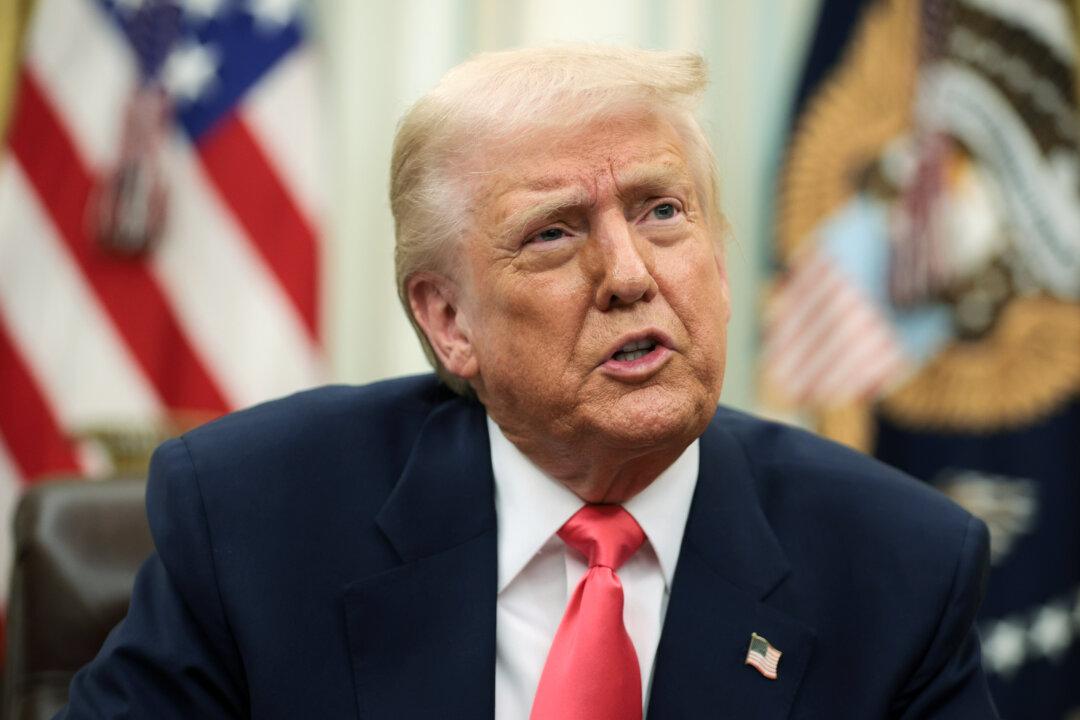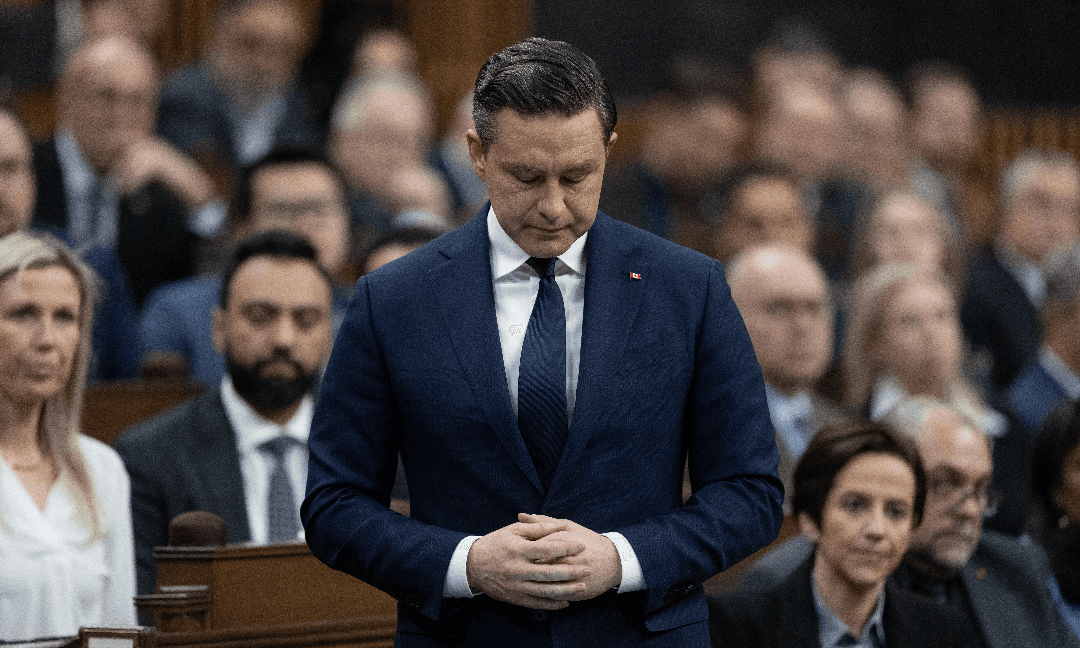President Donald Trump says he will place reciprocal tariffs on Canadian lumber and dairy products as early as March 7, to match the duties Canada charges for shipping the products to the United States.
“Canada has been ripping us off for years on tariffs for lumber and for dairy products,” Trump said from the Oval Office on March 7.





